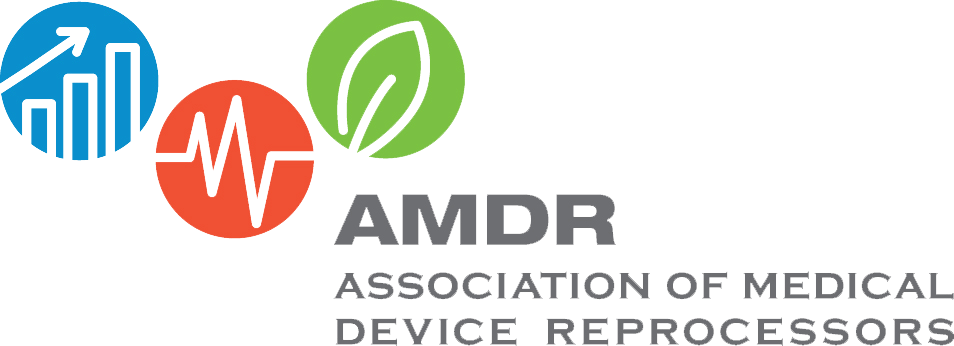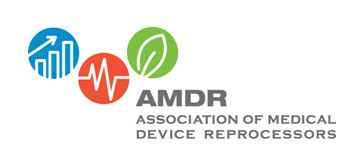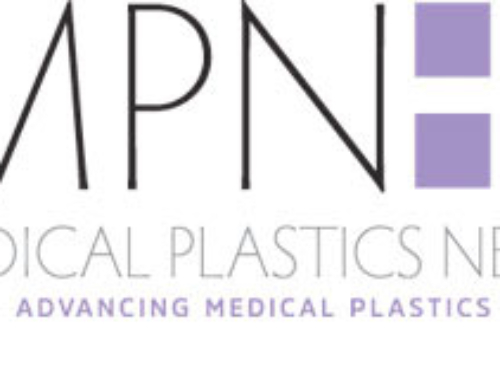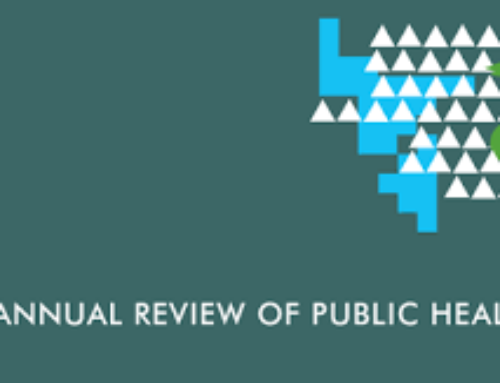The Association of Medical Device Reprocessors (AMDR) represents the interests of commercial,
regulated medical device reprocessors/remanufacturers. Reprocessing is a circular solution for
healthcare that helps to build supply chain resilience by reducing consumption of new medical
devices, saving costs, and cutting waste and emissions. Our industry employs over 2,100
workers, mainly in the United States.
In considering the RFI, our thoughts fall into three areas:
1) REMADE’s focus should be prioritized by sector of the economy that
contribute most to the climate change problem, not by products or materials
that members currently remanufacture. In our view, this is the way the world is
looking at the problem of emissions and the way our industries are most likely to secure
research funding, visibility, and build allies/partners.
We note, for example, that the health sector drives 5% of greenhouse gas emissions
globally (8% in the US) and therefore contributes double to triple the emissions of the
aviation sector. REMADE should frame its interests through the lens of addressing
climate change, targeting highly problematic sectors first regardless of material that
could be remanufactured.
The attached backgrounder offers a more detailed look at greenhouse gas emissions in
the health sector, specifically from Scope 3 causes (largely the supply chain), which
accounts for over 80% of the health sector’s emissions. We would like to see REMADE
organized to address high priority sectors given global emissions data by sector. A
helpful reference is available with pre-pandemic published data on the breakdown of
greenhouse gas emissions by sector. The pre-pandemic data are more likely accurate for
future use than recent data reflecting the down economy during COVID-19. . .









